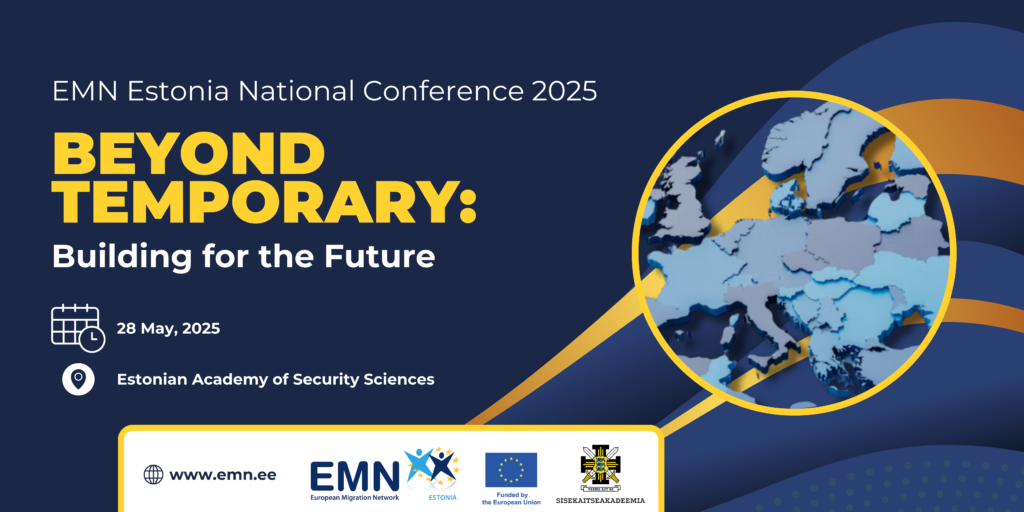According to UNHCR, 6.3 million people have been forced to flee Ukraine since the Russian full-scale military invasion to Ukraine on 24 February 2022. Ukraine has suffered massive human casualties and the destruction of infrastructure, with people being forced to flee their homes in search of safety, protection, and assistance. As of 31 December 2024, more than 56 000 persons have received temporary protection from Estonia.
For the first time in the history of the European Union (EU), the Council of the European Union decided on 4 March 2022 to implement the Temporary Protection Directive to protect people fleeing the war in Ukraine. On 25 June 2024, the Council decided to extend the validity of temporary protection until March 2026. Although temporary protection gives refugees access to the labour market, education, healthcare, and social services similar to local residents, the question arises as to how to maintain and strengthen the refugees’ quality of life after the end of temporary protection. Since the war has already lasted for three years, it is important for the host countries to start planning for long-term solutions alongside temporary protection.
One of the key aspects in finding long-term solutions for war refugees is ensuring labour market integration. Despite many people from Ukraine successfully entering the workforce in host countries, several obstacles exist that hinder their smooth integration into the labour market. Language barriers, the recognition of qualifications, and adapting to labour market conditions are among the main challenges. To transition from temporary solutions to more permanent ones, it is crucial to address these bottlenecks. Strengthening labour market integration not only promotes economic independence but also supports broader social inclusion, facilitates better adaptation to the host society, and prepares displaced persons from Ukraine for the possibility of returning to Ukraine in the future. At the same time, engaging the Ukrainian diaspora in host countries can play an important role as a bridge between temporary protection frameworks and more permanent settlement pathways.
The opening of the conference `Beyond Temporary: Building for the Future´ will provide a comprehensive overview of the current situation of beneficiaries of temporary protection (BoTP) from Ukraine, present the EU’s and other states approach to meeting their needs, and outline possible future pathways. It will also briefly address broader issues related to Ukraine’s reconstruction and highlight the important role of diaspora engagement in supporting long-term solutions.
The first panel of EMN Estonia’s national conference will focus on long-term plans and strategies for persons under temporary protection or similar protection statuses, following the end of these arrangements. The second part of the conference will address integration challenges and good practices, with a particular emphasis on labour market integration and diaspora engagement.
